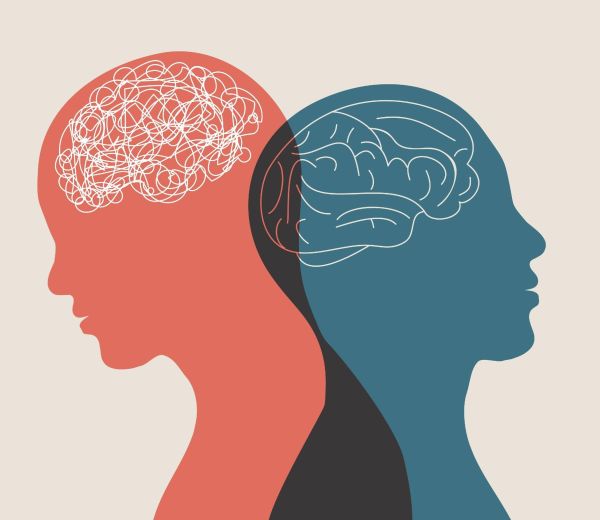

What Is Mental Health?
Mental health includes our emotional, psychological, and social well-being. It affects how we think, feel, and act. It also helps determine how we handle stress, relate to others, and make choices. Mental health is important at every stage of life, from childhood and adolescence through adulthood.
Over the course of your life, if you experience mental health problems, your thinking, mood, and behavior could be affected. Many factors contribute to mental health problems, including:
- Biological factors, such as genes or brain chemistry
- Life experiences, such as trauma or abuse
- Family history of mental health problems
Mental health problems are common but help is available. People with mental health problems can get better and many recover completely.
Not sure if you or someone you know is living with mental health problems? Experiencing one or more of the following feelings or behaviors can be an early warning sign of a problem:
- Eating or sleeping too much or too little
- Pulling away from people and usual activities
- Having low or no energy
- Feeling helpless or hopeless
- Smoking, drinking, or using drugs more than usual
- Feeling unusually confused, forgetful, on edge, angry, upset, worried, or scared
- Experiencing severe mood swings that cause problems in relationships
- Having persistent thoughts and memories you can't get out of your head
- Hearing voices or believing things that are not true
- Thinking of harming yourself or others
- Inability to perform daily tasks like taking care of your kids or getting to work or school
Source: https://www.mentalhealth.gov/




A mental health care plan is available to you if you have a mental disorder that has been diagnosed by a doctor.
If you are concerned about your mental health or that of a family member, the first stop should be your doctor where you can find out which therapies and treatments are available.
What does the care plan cover?
If you have a mental health care plan, you will be entitled to Medicare rebates for up to 10 individual and 10 group appointments with some allied mental health services in a year.
For more information about mental health care plans, please contact us.
Get in touch with us
Leave your personal information here to get informed about latest news.



